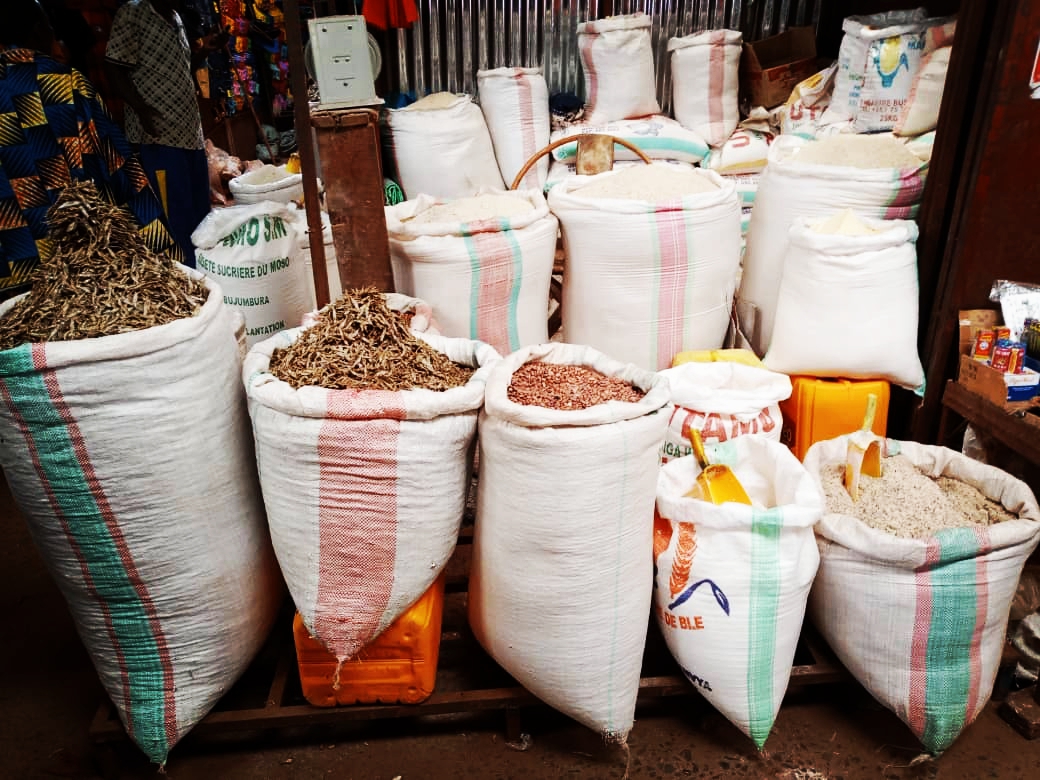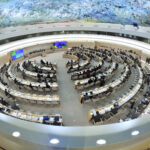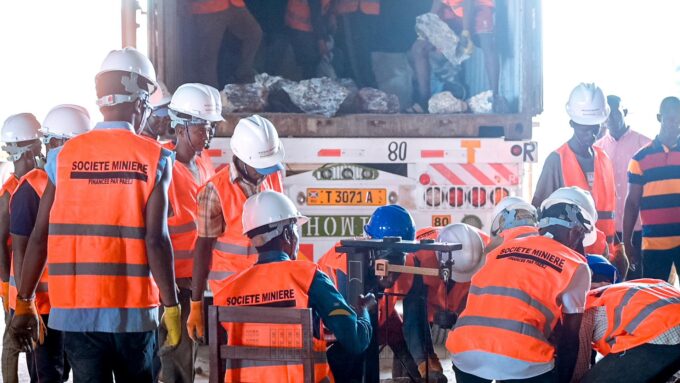The Burundian Ministry of the Interior has voiced concerns over continued price speculation in key sectors, citing a failure to enforce the government’s official pricing framework introduced earlier this year.
In a correspondence addressed to all provincial governors and the mayor of Bujumbura, which was made public this week, the Ministry pointed to what it described as an “artificial shortage” driven by unscrupulous traders, particularly affecting essential goods such as BRARUDI beverages, BUCECO cement, and SOSUMO sugar.
The Ministry lamented that despite the Commerce Ministry’s clear directives on pricing, the official rates are routinely ignored by retailers across the country. “We regret to observe that the official prices of certain products, as set and communicated by the Ministry in charge of commerce, are not being respected in most retail outlets,” the statement read.
The issue dates back to March, when the Ministry of Trade and Transport issued updated price regulations in response to a presidential directive. President Evariste Ndayishimiye had called for swift action to combat inflation, giving the government 15 days in December 2024 to introduce solutions. However, three months on, implementation remains spotty at best.
According to the Ministry of the Interior, the absence of enforcement has not only allowed speculators to flourish but has also raised questions about accountability within local government structures. “This fraud is being carried out under the complicit eye of certain administrative and police authorities,” the statement claimed.
During a recent parliamentary session, MP Pamphile Malayika questioned the effectiveness of the current approach and pressed Trade Minister Marie-Chantal Nijimbere for answers. “If the ordinance is not being respected, it implies that somewhere there are people who are more powerful than the Minister,” he said. “Will the regulation be revised, or is a different strategy under consideration?”
In response, Minister Nijimbere defended the ordinance, insisting it was grounded in Burundi’s Commercial Code. She explained that the pricing framework was based on quarterly statistics from the National Institute of Statistics, field surveys, and stakeholder consultations through the Federal Chamber of Commerce and Industry.
Rather than setting a single national price, the ministry opted for a price range system. “The minimum price protects producers from selling at a loss, and the maximum price prevents retailers from taking advantage of shortages to charge exorbitant rates,” said Nijimbere.
However, she acknowledged the system’s limitations. “From that process, it became clear that you cannot set a single fixed price and expect it to be applicable in all markets,” she admitted. “While the system we introduced may not be functioning perfectly as intended, no one can deny that this was a lawful and well-considered process.”
The Interior Ministry has called on administrative, police, and judicial authorities to enforce compliance nationwide. It urged local leaders to work with relevant institutions to curb what it described as “economic sabotage” through both administrative and legal penalties, including the closure of non-compliant businesses.
The Ministry of Trade has promised a review of the pricing ordinance after six months. “We will conduct broader consultations, starting with farmers, to evaluate the policy’s impact and decide on necessary revisions,” said Minister Nijimbere.








Leave a comment